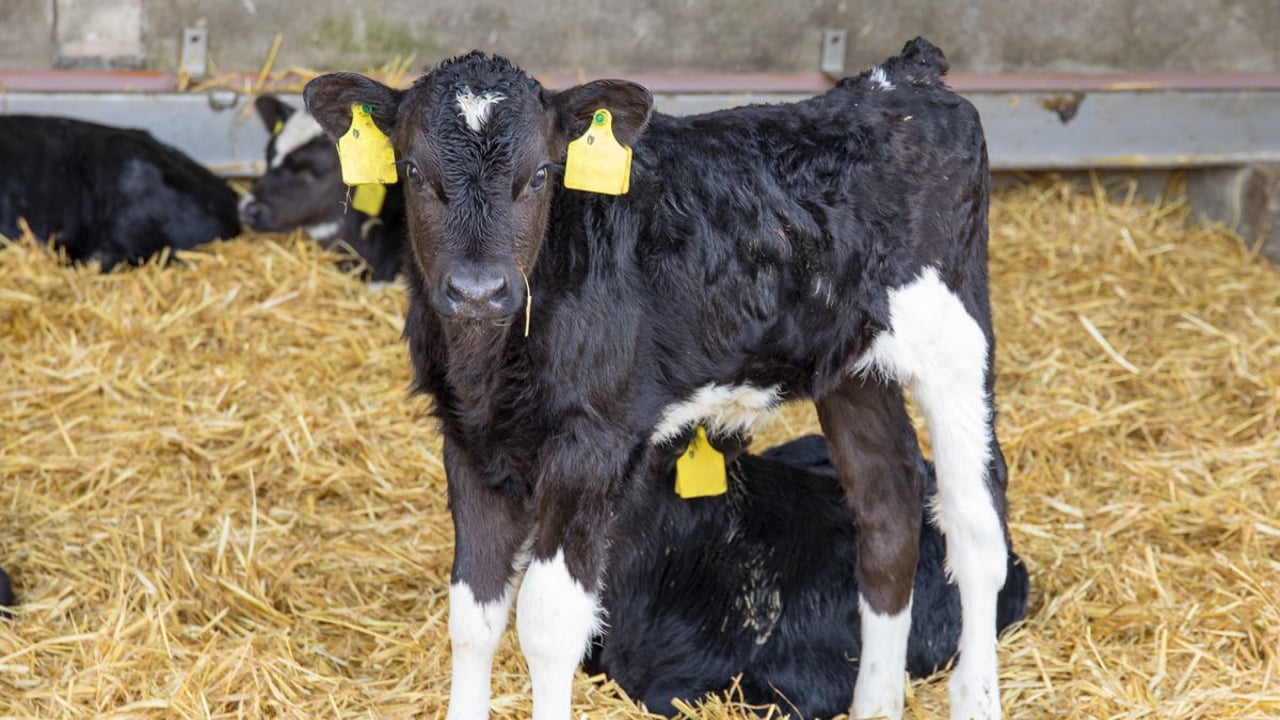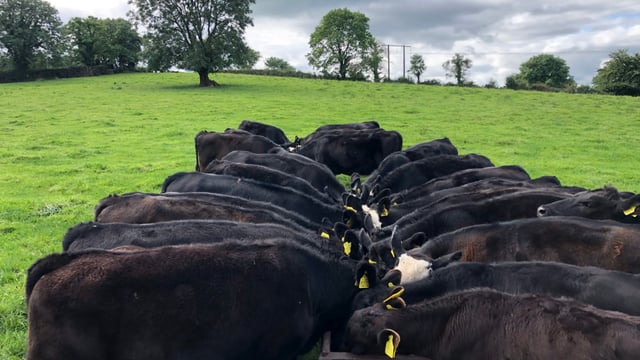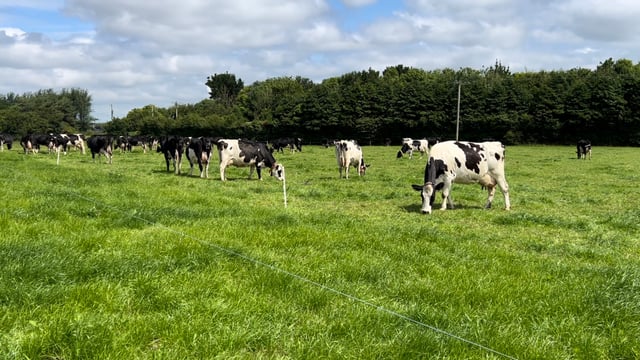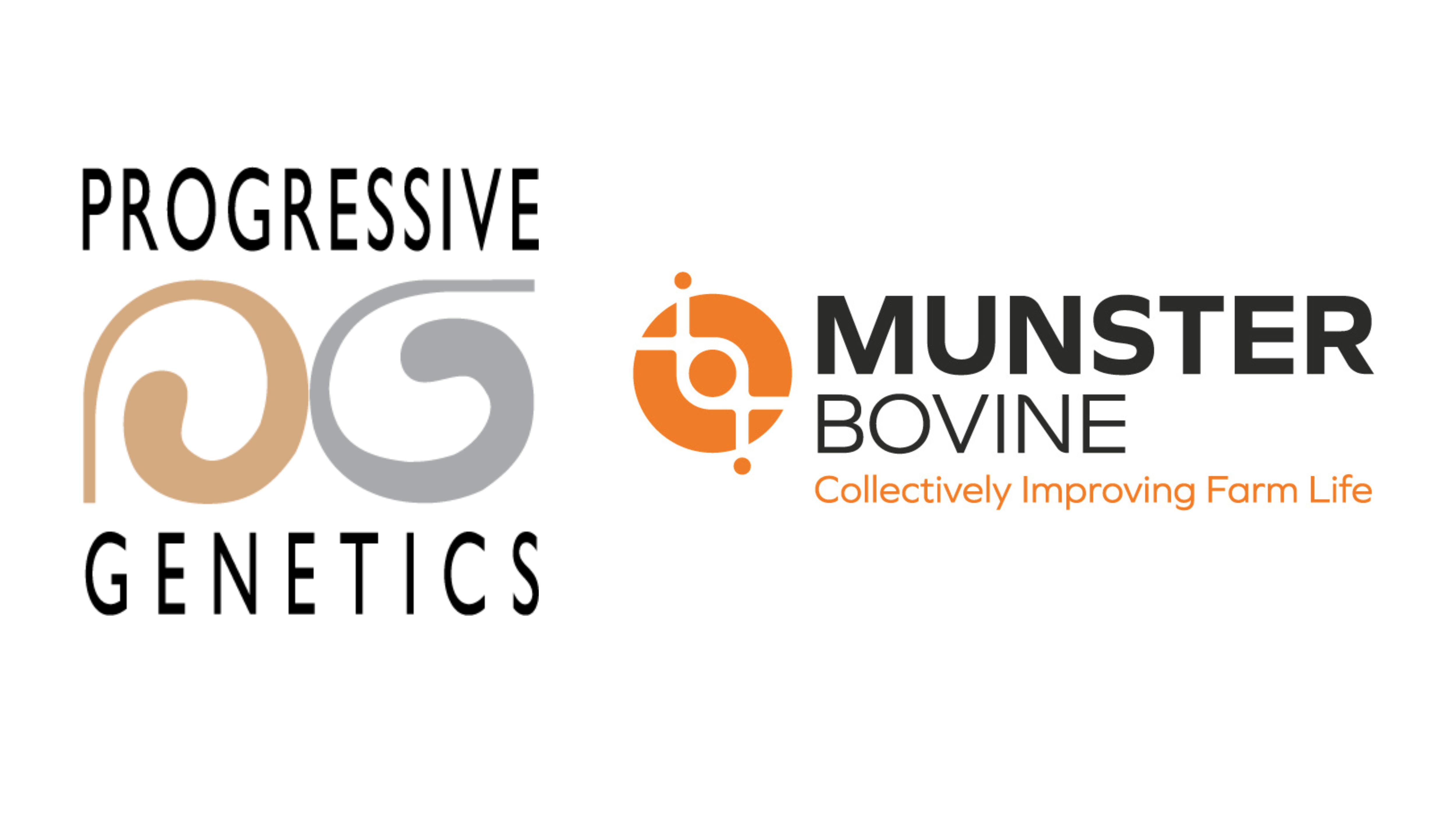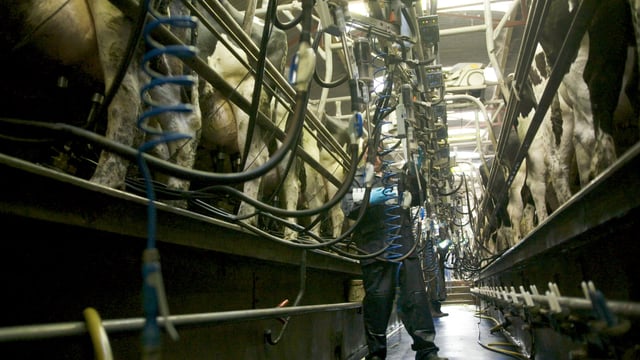Research to commence on calf health and welfare
Calf health and welfare research has received funding and was announced as part of the 2023 DAFM Thematic Research Call.
This calf health and welfare project is just one of the 21 new research projects arising from the DAFM 2023 Thematic Research Call, to which total funding of €22.3 million has been made available.
Minister of State at the Department of Agriculture, Food and the Marine with responsibility for Research and Development, Farm Safety and New Market Development, Martin Heydon, stated:
“I am announcing €22.3 million in grant aid for 21 new research projects arising from my department’s 2023 Thematic Research Call."
The funding has been provided to WELCalf, which is a research project that focuses on improving the health and welfare of calves born on dairy farms.
The study is lead by senior researcher at Teagasc Moorepark, Dr. Emer Kennedy and is a collaborative project between University College Dublin (UCD) and the Irish Cattle Breeding Federation (ICBF).
The research will be focus on calves that remain on their farm of origin, move to beef farms and those that travel to other EU member states.
The research being carried out will hone in on five key areas, with the first of these being a focus on collecting real-time animal metrics relating to key welfare traits which will be developed.
This will give farmers the opportunity to get feedback which will help identify the risk factors associated with poor health and welfare.
The next key area is for researchers to visit dairy and dairy calf-to-beef farms to determine their management practices and facilities, analysing the dairy farmer's breeding policies and understanding the requirements of dairy calf-to-beef farmers to encourage the purchasing of calves.
A 'Calf Health Toolkit' will also be developed and will be trialed on farms to see whether it is suited for national rollout and the research will aim to determine the risk factors associated with summer scour syndrome.
The research will examine the health and welfare status of calves that are not weaned that undergo long-distance transportation to continental Europe, while examining the emissions cost of it.
The results of the research will be shared from the early stages to try and maximise the impact of the findings.
This research will inform policy, change practice, drive more research and be used for educational purposes, with the technology deriving from the project having the capability of continuing to improve calf welfare beyond the project's lifetime.

